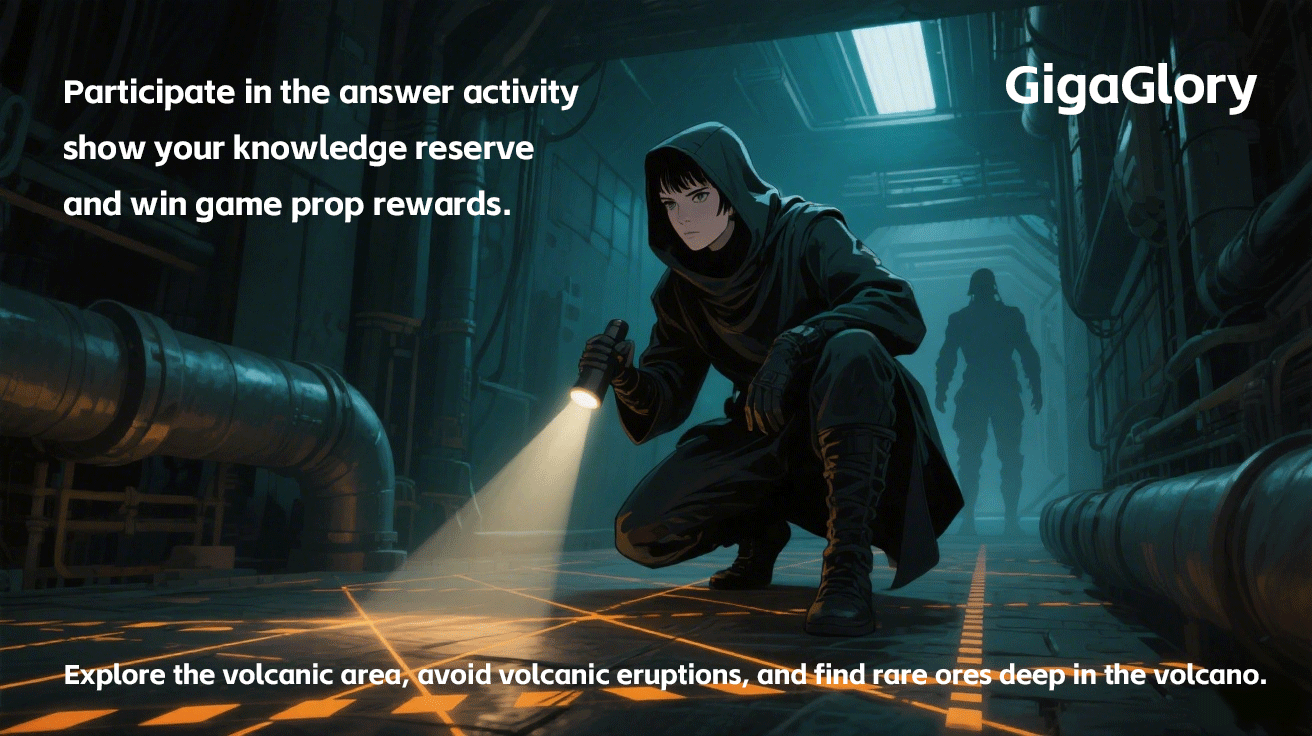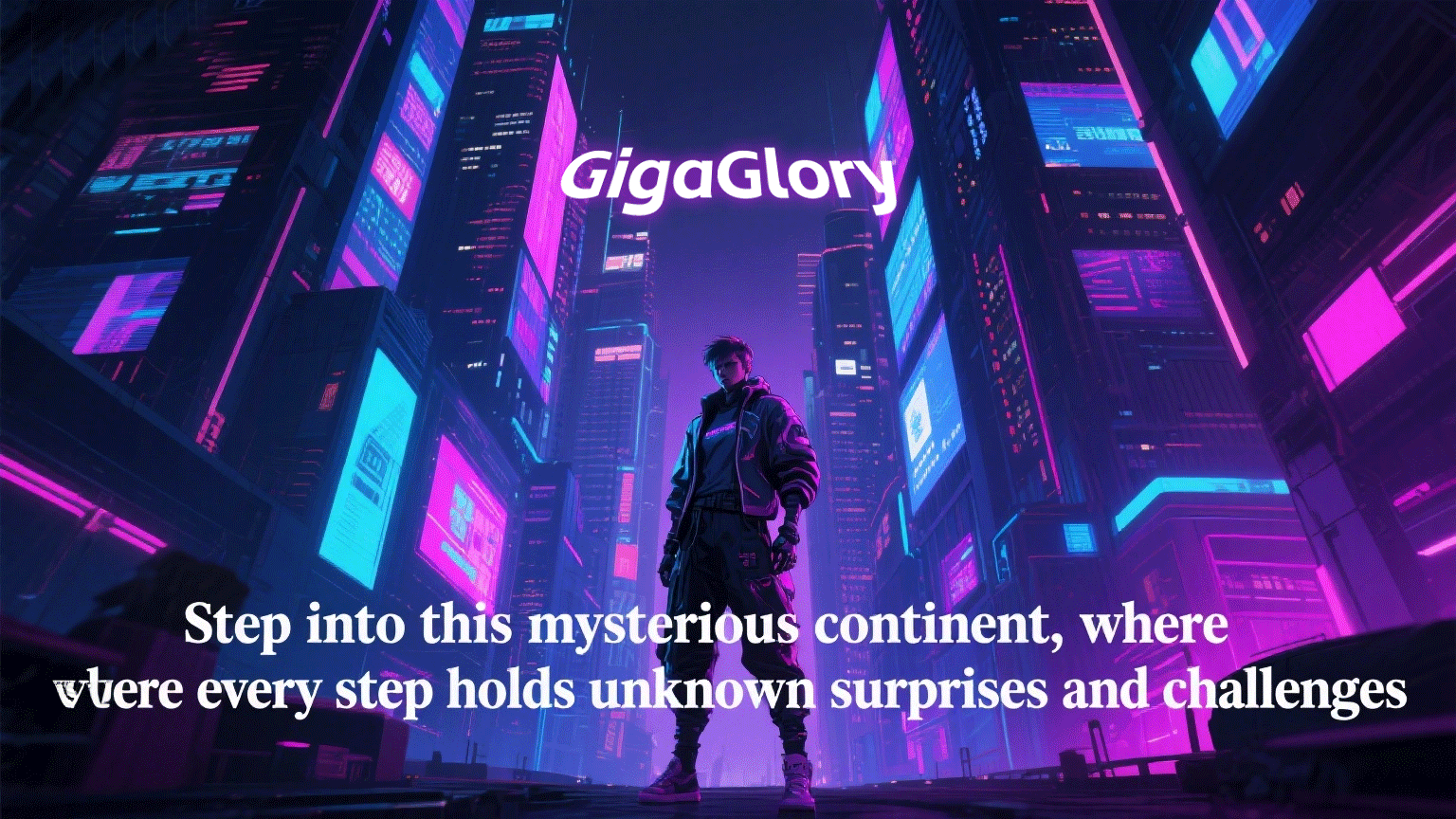Why Puzzle Games Are the Ultimate Gateway to the Open World Games Experience
Puzzle games have captivated players for decades, serving as more than just a casual pastime. They often act as a bridge to more complex gaming genres, and their influence stretches wide—especially into the realm of open world games. In this article, we will explore how puzzle games function as a gateway to open world experiences, with a special focus on titles like "Zelda: Tears of the Kingdom" and its intricate Wind Temple puzzle. But first, let’s break down what we mean by these terms and what they offer to players.
Understanding Puzzle Games: A Closer Look
Puzzle games are characterized by their emphasis on problem-solving and intellectual challenge. These games require players to think critically and creatively, making them ideal for those looking for a mental workout. Unlike traditional games that might focus solely on action or story, puzzle games engage players' minds in unique ways. Titles like "Tetris" and "Candy Crush" are household names, but they represent just a fraction of what this genre can offer.
The Appeal of Open World Games
Open world games, on the other hand, provide players with vast environments to explore at their own pace. Games like "Grand Theft Auto V" or "The Witcher 3" don’t just tell a story; they invite players to live in an expansive world filled with possibilities. Players can choose their own paths, delve into various quests, and interact with hundreds of dynamic elements. But how do puzzle games fit into this expansive framework?
Puzzle Games as a Gateway
One of the most fascinating aspects of puzzle games is how they condition players for the complex challenges presented in open world games. As players progress through various riddles and brain teasers, they develop critical thinking skills. These skills become essential when faced with the multitude of tasks in open world environments. The cognitive leap from solving a simple puzzle to completing a quest in an open world game isn’t as far as one might believe.
The Link Between Puzzle Mechanics and Open World Exploration
Open world games frequently employ puzzles as part of their storylines. For example, in "Zelda: Tears of the Kingdom," players encounter several puzzles that unlock new areas, challenges, and treasures. The Wind Temple puzzle requires players to utilize mechanics they may have encountered in earlier puzzle games, making them feel right at home as they engage with the game's intricacies.
Why "Zelda: Tears of the Kingdom" Stands Out
This title brilliantly exemplifies how puzzle elements enhance the overall gaming experience. Players are encouraged to think outside the box, often needing to manipulate the environment in unique ways. The mix of traditional adventure elements with brain-bending conundrums creates a loop that keeps players engaged. Here is a small table highlighting some notable puzzles from the Wind Temple:
| Puzzle Name | Description | Required Skill |
|---|---|---|
| Orb Mechanism | Navigate various chambers using orbs to access hidden areas. | Spatial Awareness |
| Wind Currents | Use gusts of wind to propel yourself to different heights. | Timing & Precision |
| Light Reflection | Manipulate mirrors to redirect light beams and unlock paths. | Critical Thinking |
Text RPG Games: Another Layer of Depth
While we focus on puzzle games, it’s important to mention text RPG games as another genre that fosters critical thinking and decision-making skills. These games, rich with narrative and choices, demand that players analyze various outcomes. Coupling the storytelling element with puzzle-solving ensures a deeper engagement, creating a unique experience that draws on both logic and creativity.
Keys to Successful Puzzle Integration
- **Balancing Challenge and Accessibility**: The best puzzles are those that challenge players without feeling impossible to solve.
- **Story Relevance**: Puzzles should serve a purpose in the larger narrative, enhancing immersion.
- **Variety of Mechanics**: Utilizing different types of puzzles keeps gameplay fresh and engaging.
- **Feedback Loops**: Players should feel rewarded for solving challenges, reinforcing their desire to continue exploring.
The Emotional Engagement Factor
One of the most compelling aspects of solving puzzles is the emotional satisfaction it provides. The thrill of overcoming a particularly tough challenge can be immensely gratifying. This emotional connection—whether it’s frustration or triumph—is what makes players return to puzzle games, and subsequently, to open world games that contain similar elements.
The Evolution of Puzzle Games in Open Worlds
As we move forward in gaming, we’ll likely see an evolution of puzzle mechanics in open world environments. Developers recognize the value of puzzles not just as obstacles, but as valuable tools for player engagement. Interactive storytelling paired with cleverly designed puzzles will continue to be a marriage that enhances player experiences.
Conclusion: Puzzles Are the Pathway
In conclusion, puzzle games serve as vital gateways into the broader universe of open world adventures. They equip players with the necessary skills to tackle complex environments filled with puzzles and quests, as vividly demonstrated in games like "Zelda: Tears of the Kingdom." As we continue into the future of gaming, it’s clear that both genres have much to offer, and their intersections will create ever more engaging experiences. So, the next time you engage in a head-scratching puzzle, remember—you’re not just having fun; you’re honing your abilities for a much larger adventure!



